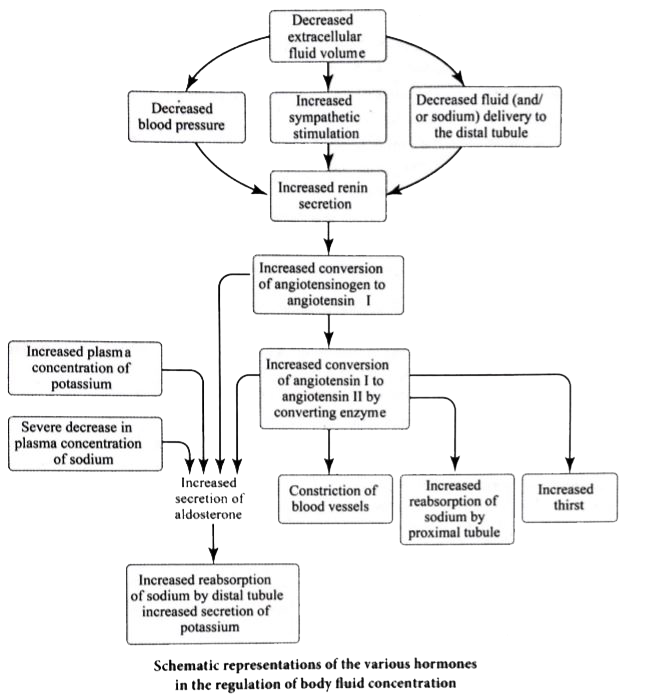Text Solution
Verified by Experts
Topper's Solved these Questions
Similar Questions
Explore conceptually related problems
FULL MARKS-EXCRETION-ADDITIONAL QUESTIONS SOLVED ( ANSWER THE FOLLOWING QUESTIONS ):
- What are Ammonotelic animals?
Text Solution
|
- What are the excretory organs of crustaceans?
Text Solution
|
- What is the difference between nephron present in reptiles and mammals...
Text Solution
|
- Draw the excretory system and label its parts.
Text Solution
|
- Explain the structure of nephron.
Text Solution
|
- What are the three stages of urine formation ?
Text Solution
|
- Define:- Diabetes insipidus
Text Solution
|
- What is Micturition?
Text Solution
|
- What is the nature of urine of human being?
Text Solution
|
- What is glucosuria and ketonuria?
Text Solution
|
- Name the pigment present in the urine.
Text Solution
|
- Explain the excretory role of other organs.
Text Solution
|
- Explain the hormones regulating the kidney function.
Text Solution
|
- Write a short note on urinary tract infection.
Text Solution
|
- Write a short note on Renal Failure or Kidney Failure.
Text Solution
|
- Write a note on a) Uremia -b) Renal Calculi
Text Solution
|
- Write a note on a) Uremia -b) Renal Calculi
Text Solution
|
- Write a short note on Glomerulonephritis.
Text Solution
|
- Write a short note on Haemodialysis.
Text Solution
|
- Write a short note on Kidney Transplantation.
Text Solution
|
